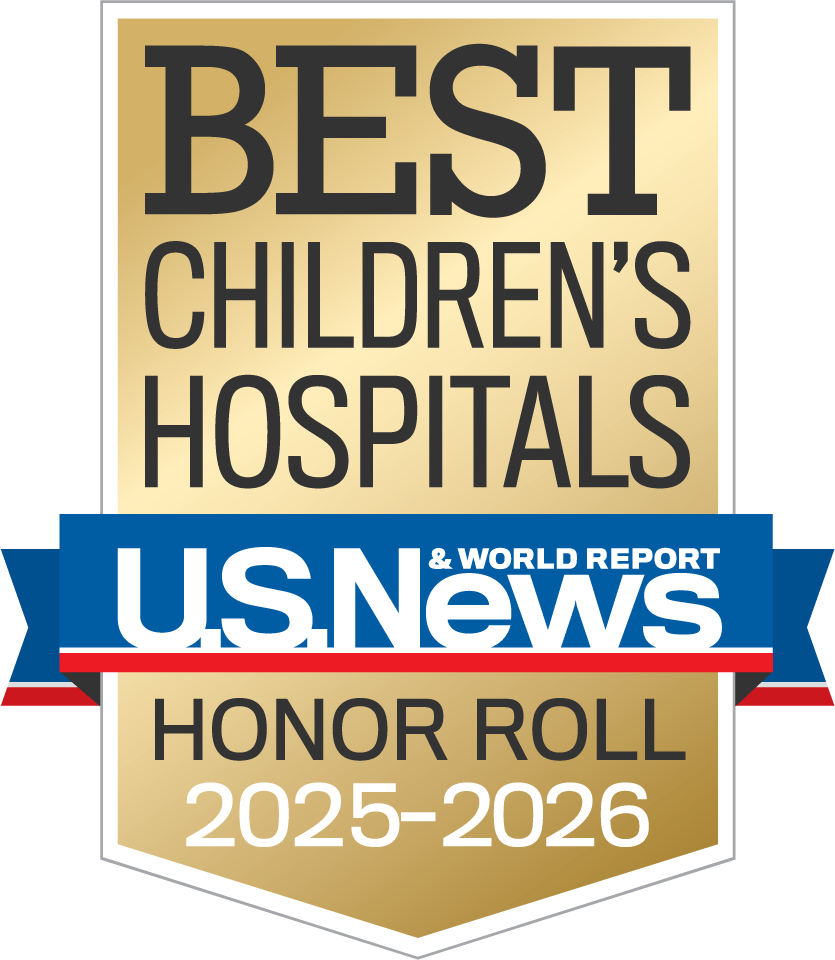Encephalitis | Symptoms & Causes
What are the symptoms of encephalitis in children?
The symptoms of encephalitis may depend on the part of the brain that is inflamed, the cause of the inflammation, the degree of inflammation, age, and other factors. Symptoms of encephalitis in children may include:
- Fever
- Headache
- Sensitivity to light
- Neck stiffness
- Skin rashes
- Nausea/vomiting
- Loss of energy/appetite
- Changes in alertness (sleepiness)
- Confusion or hallucinations
- Difficulty talking
- Problems walking
- Seizures
Since encephalitis is often caused by a virus, symptoms may appear alongside or following other symptoms of a virus, such as an upper respiratory infection (like a cold, sore throat) or a gastrointestinal problem like diarrhea, nausea, vomiting, or rash.
What causes encephalitis in children?
Brain inflammation can have different causes. It can occur in response to a bacterial or viral infection, or it can have an autoimmune cause, in which the body’s immune system attacks healthy tissues. However, a large number of encephalitis cases have no known cause.
Encephalitis | Diagnosis & Treatments
How is encephalitis diagnosed in children?
The first step in treating your child is forming an accurate diagnosis. Their doctor will take a complete medical history of your child, including immunization history, and ask whether they have been involved in any activities or been anywhere where they may have been exposed to viruses known to cause encephalitis. Your child’s doctor may also ask if your child has recently:
- Had a cold or other respiratory illness, or a gastrointestinal illness
- Had a tick bite
- Been around pets or other animals
- Traveled to certain areas of the country or outside of the country
This information can provide clues as to what might be causing your child’s symptoms. Some of the procedures used to diagnose encephalitis include:
- CT scan of the brain, to make sure that the symptoms aren’t caused by another cause
- Lumbar puncture (spinal tap) to take a small sample of spinal fluid to look for infections, like bacteria and viruses
- Electroencephalogram (EEG) to see if your child is having subtle underlying seizures
- Magnetic resonance imaging (MRI) to look at detailed images that can show inflammation in the brain
- Blood, urine, and stool tests to check for indications of infection
How is encephalitis treated in children?
The key to treating encephalitis is early detection and treatment. Most children who are diagnosed with encephalitis are hospitalized for two weeks to a month, and sometimes children with severe cases spend time in the intensive care unit (ICU).
While your child's team is working to determine the cause of the encephalitis, they'll be treated for two to three days with intravenous (IV) medications to fight certain bacteria and the herpes simplex virus, while awaiting lab results, as a precautionary measure.
If your child's encephalitis has an autoimmune cause, their doctor will talk with you about treating them with a course of immunosuppressants (these may include high-dose steroids, intravenous antibodies, or plasmapheresis, a process that filters your child's blood). While most children with this type of encephalitis only need a single course of immunosuppressants, some children may need to stay on them for a longer period of time.
Unfortunately, there often isn't a cause that can be pinpointed and treated. In these cases, doctors focus on preventing related complications, often through medication, while your child's brain recovers from the inflammation.
How we care for encephalitis in children
At Boston Children’s Hospital, we care for children with encephalitis in our Neuroimmunology Center. Our team of pediatric neuroimmunologists takes a multidisciplinary approach, working with other specialists throughout Boston Children’s who have expertise in caring for children with encephalitis, including neurologists, immunologists, infectious disease experts, psychologists, physical therapists, education specialists, and others. Together, we will create a treatment plan that puts your family in the center.


